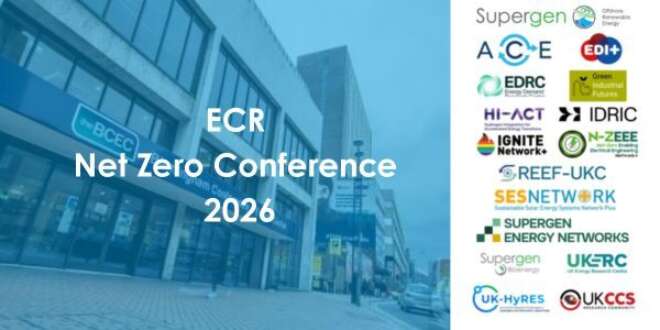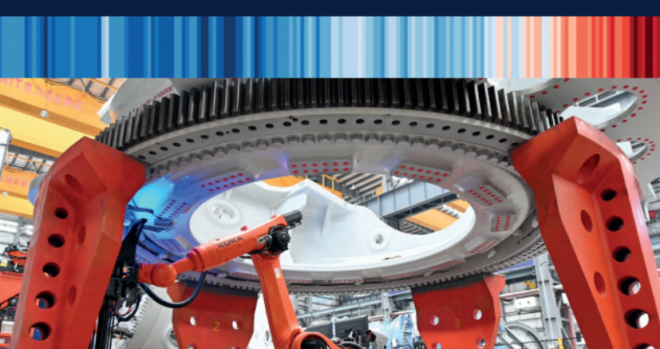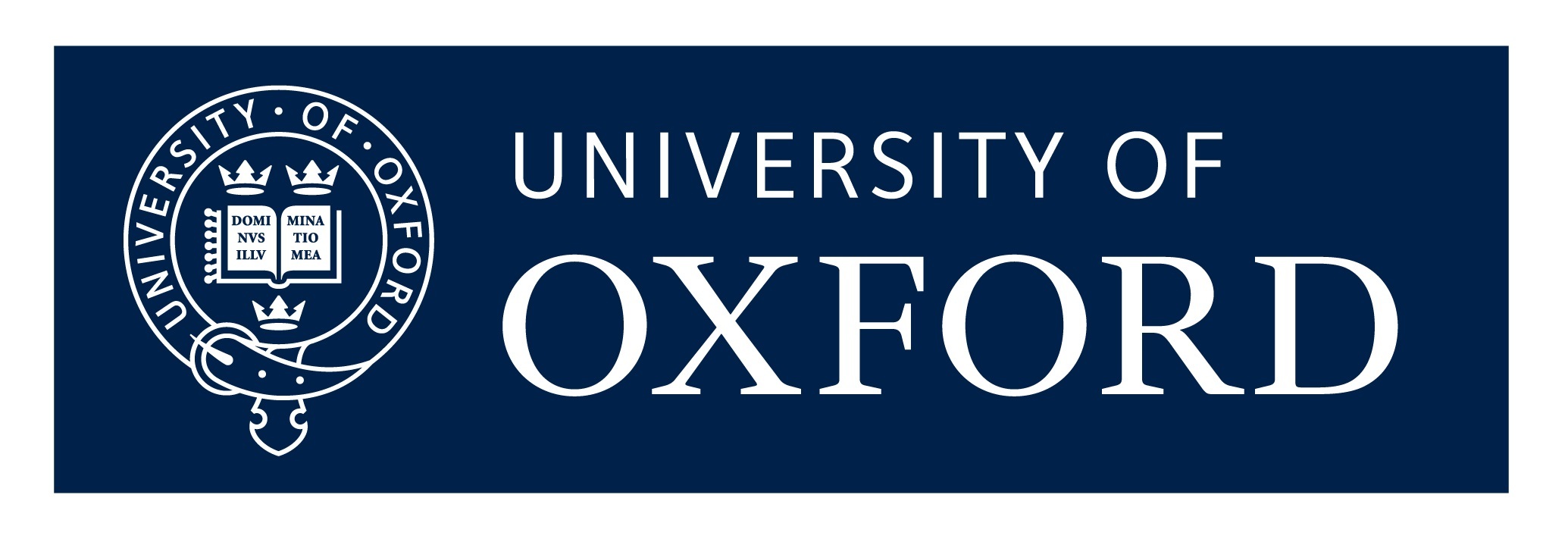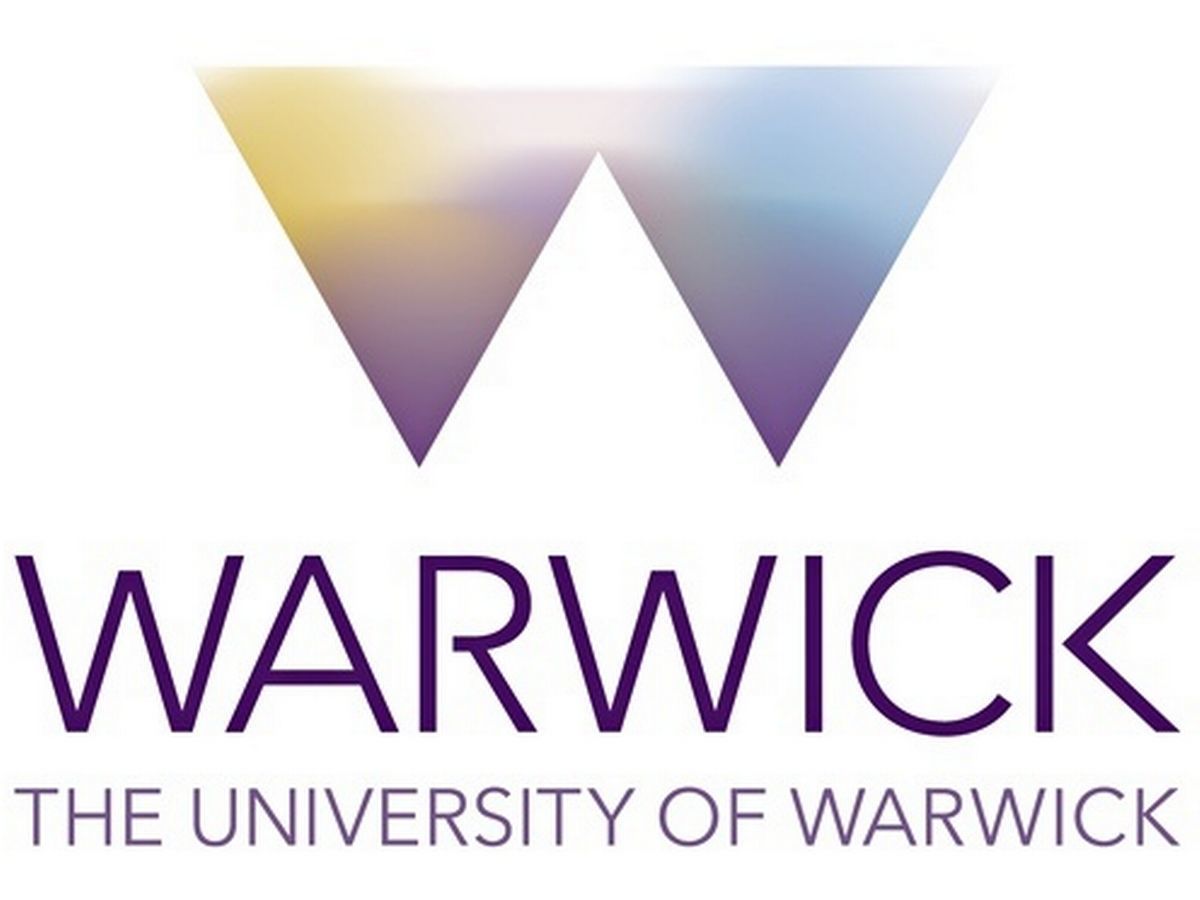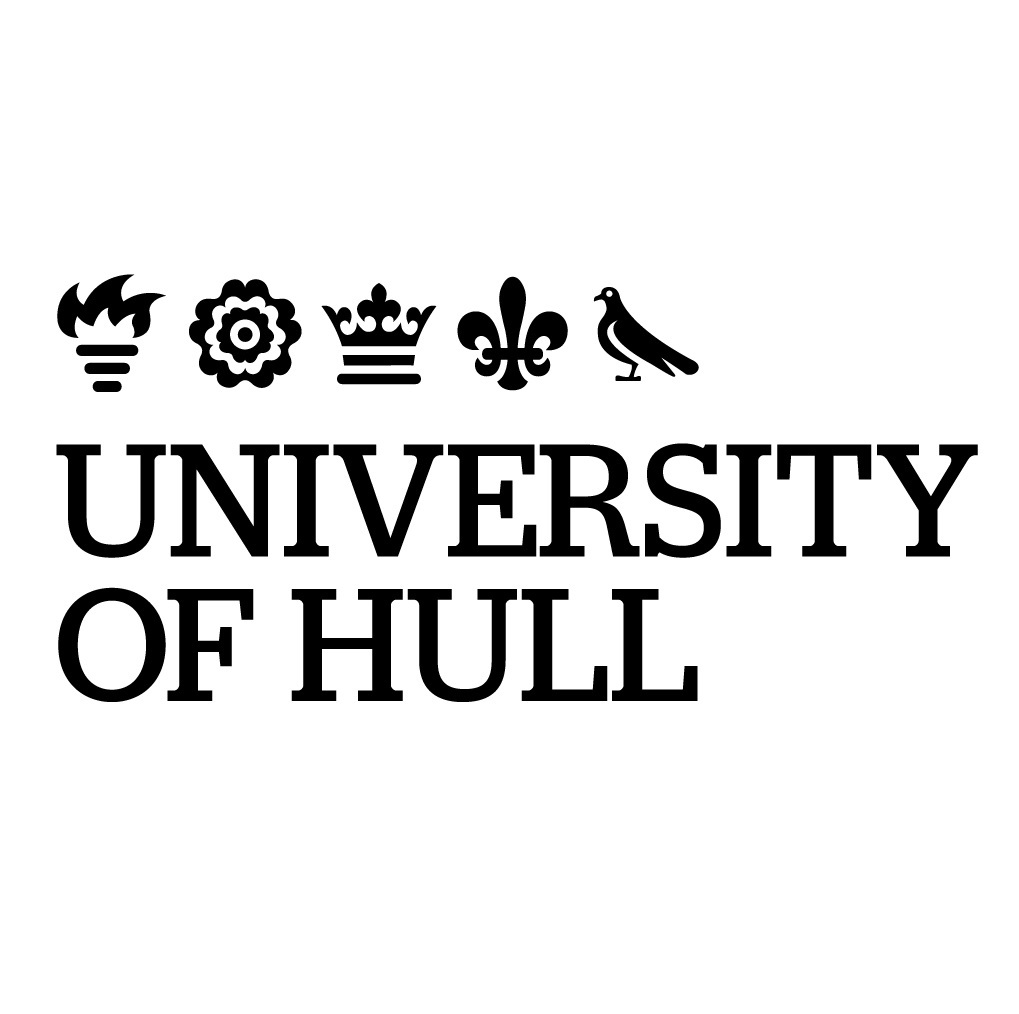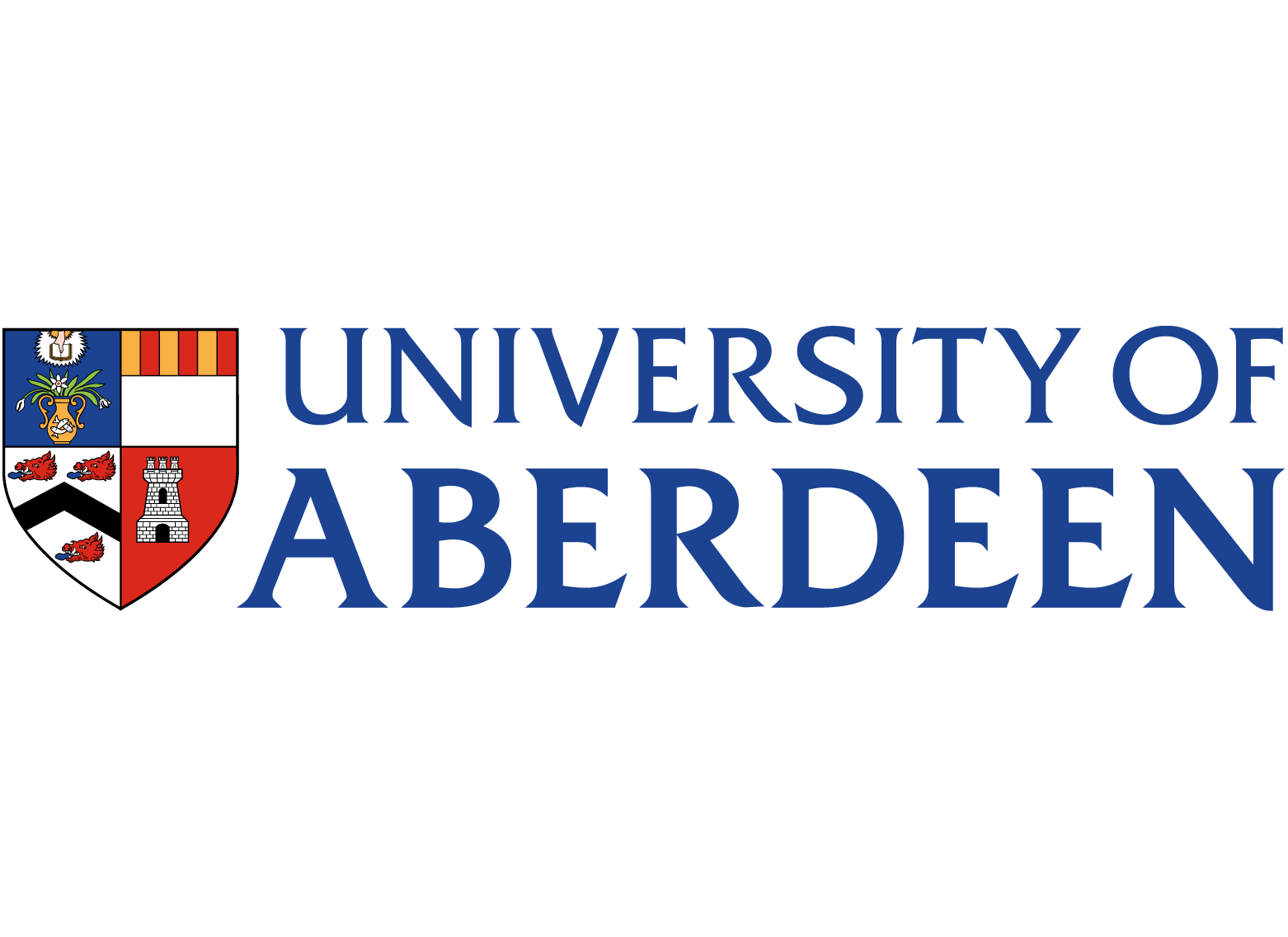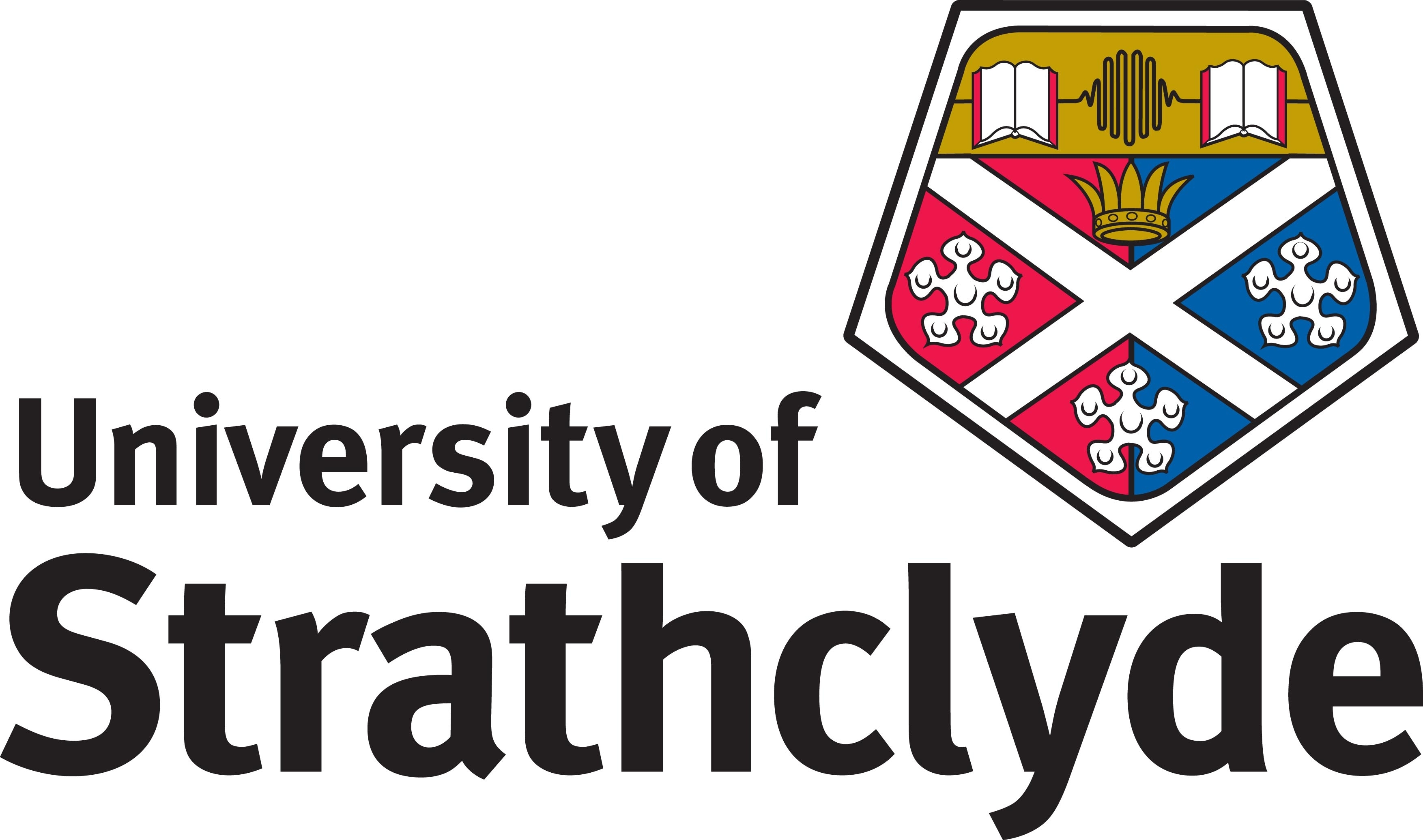The project
Marine current measurements are vital for tidal resource estimation and resilient design criteria for all Offshore Renewable Energies (ORE). In-situ measurements are costly, and retrieval of seabed mounted equipment is not guaranteed. Moreover, in many potential ORE locations globally, suitable field survey campaigns may not be viable. Until now, most data for model validation and impact assessment have focused on temporal variability from single-point measurements, yet spatial variability is of critical importance. Additionally, most oceanographic current measurements are sub-surface; the near-surface zone is largely unknown due to instrument limitations (e.g., surface interference making the top few “bins” of ADCP data unusable). The development of low-cost and low-risk surface current mapping tools, and translating this knowledge to flow at depth, is therefore a key challenge in ORE development. Surface current maps would provide high-resolution detail needed to measure spatial heterogeneity, understand realworld wakes and the relationship between flow and animal behaviour when combined with ecological surveys. A better understanding of surface currents will also improve resilience of floating ORE and yield of floating tidal turbines.
The aim of V-SCORES is comprehensive validation of unmanned aerial vehicle (UAV) techniques for surface current spatial mapping, demonstrated at tidal stream sites. Field campaigns will be conducted at contrasting commercial sites (Pentland Firth, Scotland & Ramsey Sound, Wales) under different environmental conditions (wave exposure, operational turbines installed, etc.).
Dr Benjamin Williamson - Principal Investigator
Benjamin Williamson’s research includes AUV development, sensor integration and the environmental and ecological effects of marine renewable energy devices. His PhD developed hybrid-ROV/AUVs for near-shore habitat mapping of kelp beds using multibeam sonar and video. He is now a Research Fellow at the University of Aberdeen, working on the FLOWBEC project with MeyGen Ltd to develop subsea platforms to track the interactions of fish, seabirds and marine mammals with wave and tidal energy devices and Lead Scientist for the ‘Renewable Energy and the Environment’ Research Theme at the Environmental Research Institute. He has a keen interest in developing novel sensor platforms to investigate biophysical interactions in the marine environment, such as using UAVs to investigate behavioural associations of top predators with fine-scale hydrodynamic surface features at tidal energy sites.
